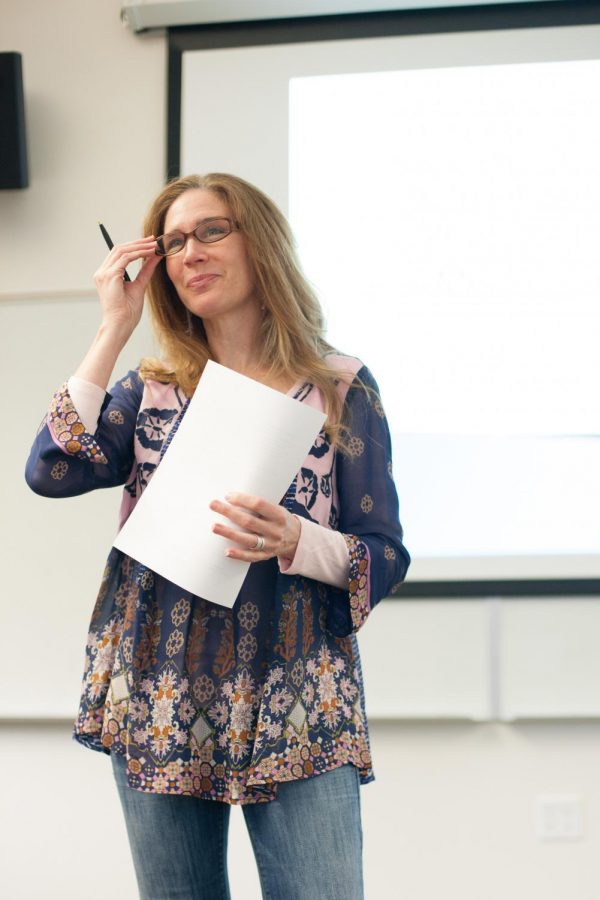‘Empty Bowls’ night battles food insecurity
March 11, 2016
Corvallis community combatting food insecurity this Saturday
Devoted to combating food insecurity both in the Corvallis community and the global community, the 10th annual Empty Bowls Benefit at OSU will take place this Saturday.
“There is a lot of suffering and there is a lot of food insecurity and there is a lot of diet-related diseases,” said Melissa Cheyney, associate professor of medical anthropology. “I don’t want students to feel helpless. So while I am emphasizing the need to think globally and cross-culturally, sometimes it’s also really powerful to do something where you can act locally and feel like you are having some kind of impact.”
The event is coordinated every year by Cheyney and her honors medical anthropology course. This year’s festivities will include live music, a silent auction, dinner and a gift of a ceramic handmade bowl for patrons. Guests make donations on a sliding $5-$20 scale.
Nearly all proceeds from the event will go directly to the OSU food pantry and World of Good. The OSU food pantry was developed by OSU students and is a local organization devoted to helping combat food insecurity and poverty among college students. World of Good is a nonprofit organization started in Junction City and works to help women in Ethiopia start and run their own bread baking businesses. Cheyney and her students have partnered with these organizations for approximately eight of the 10 benefits held at OSU.
Cheyney is a medical anthropologist whose past work has focused on both nutrition and women’s health. When Cheyney first came to OSU, she began teaching the course with considerable focus on nutritional anthropology. Because of this focus, she then elected to incorporate the benefit into the course in order to give students an opportunity to engage locally.
From the beginning, according to Cheyney, the event was met with great support and considerable success. The benefit provides roughly half of the OSU food pantry budget each year and the turnout, according to Cheyney, is always tremendously positive.
Among this year’s student coordinators is Karina Destine, a senior studying bio-health sciences. Destine chose to get involved with the class because she had not been previously exposed to anthropology and she thought that it could provide valuable perspective for her further educational and career pursuits.
According to Destine, the course has been a very thought provoking one and the Empty Bowls Benefit is a great way to talk about the many interconnected issues related to food.
“I feel a lot of resonance with it,” Destine said. “With (combating) world hunger, it starts by feeding one person. So we’re using the event to feed people in our community, but we’re also using that to help other people as well.”
Another of the students involved in this year’s benefit is Shelby Stewart, a senior studying biology. Stewart said that her involvement with OSU medical brigade work in Nicaragua has been formative in her perspective of medicine and that she took this class to continue expanding that perspective.
“There’s a lot more out there than you think,” Stewart said. “You’re so enclosed in your own space (…) it really puts into perspective where you are and how other countries face food insecurity.”
The event will also feature informational resources—which Stewart helped design—about food insecurity locally and globally.
Right now, Oregon is the state with the third highest level of hunger in the country, according to Cheyney. Across the United States, roughly 50 million Americans live in food insecure households—meaning that they may go hungry and do not have the money to buy food.
For now, Cheyney and her students hope to combat that hunger one bowl at a time.
























































































































